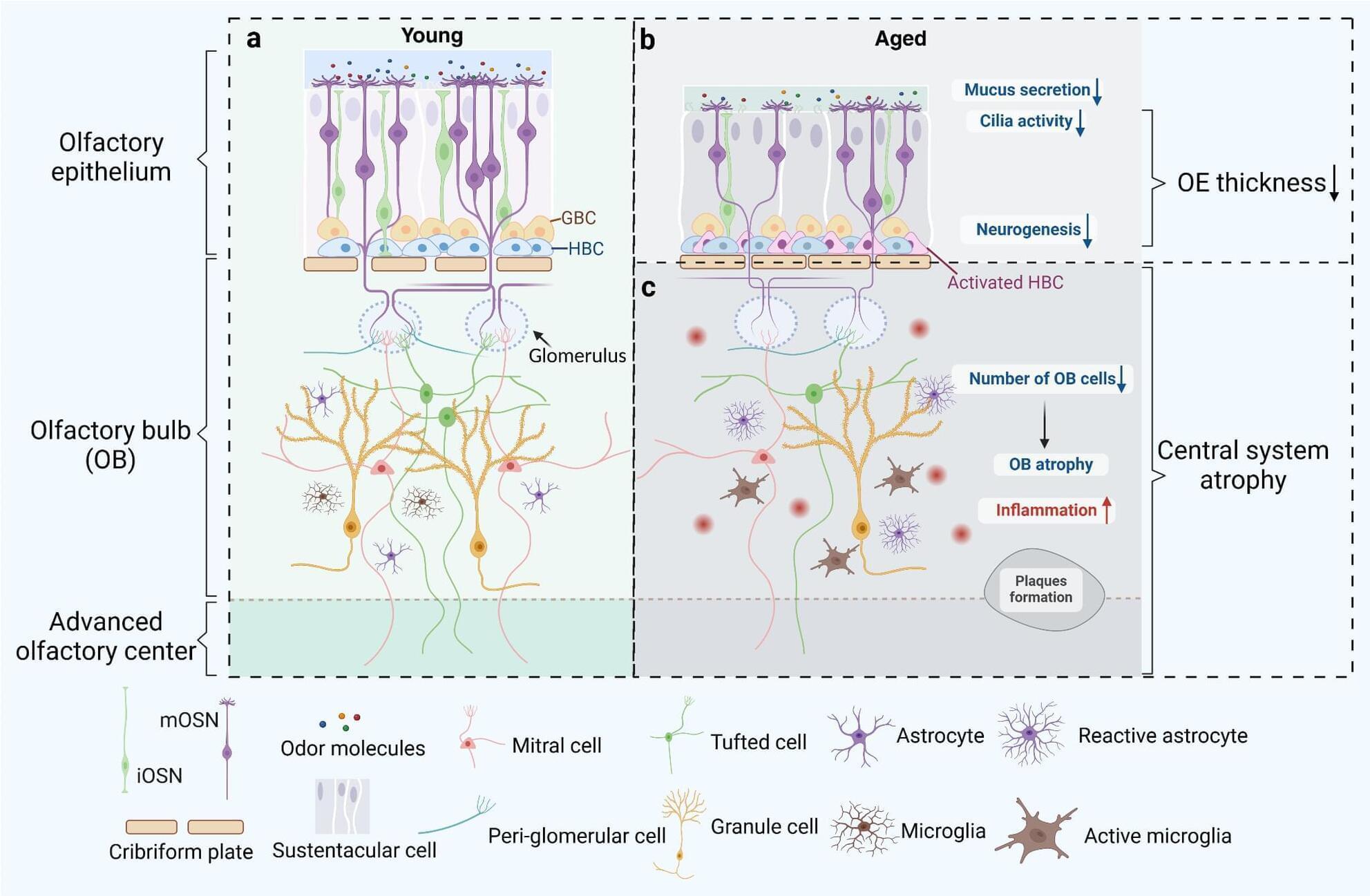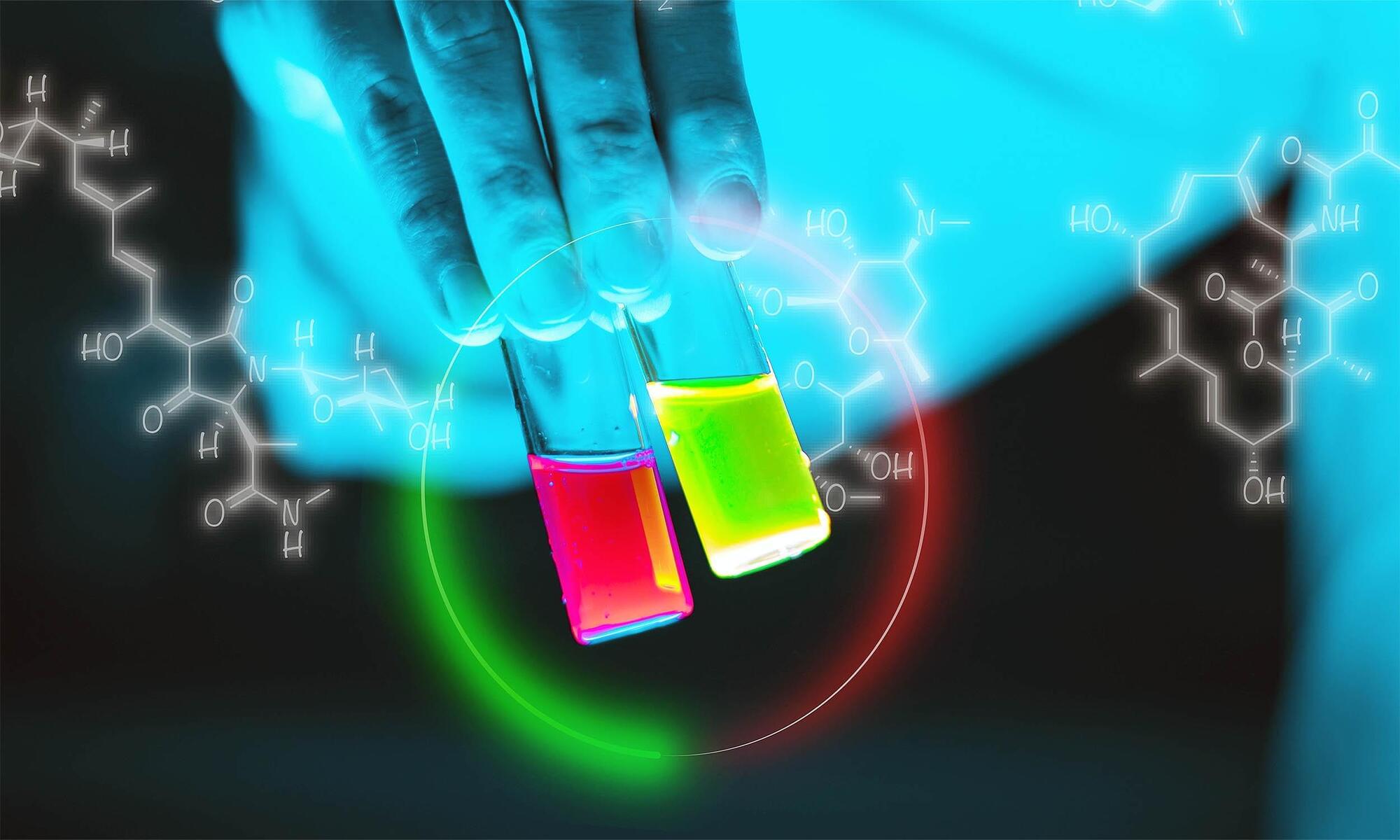Join us on Patreon! https://www.patreon.com/MichaelLustgartenPhDDiscount Links/Affiliates: Blood testing (where I get the majority of my labs): https://www.u…
Category: life extension – Page 69

The Immortal Mind: How Neuroscience Points Beyond Materialism
Is your mind more than just your brain? Does the soul actually exist? These questions have been pondered for millennia. What does the latest scientific research suggest? On this episode of the ID The Future podcast, renowned neurosurgeon Dr. Michael Egnor begins a conversation with host @Andrew_McDiarmid about his new book The Immortal Mind: A Neurosurgeon’s Case for the Existence of the Soul. Egnor makes a powerful case that our capacity for thought, reason, and free will points to something beyond mere brain function.
After defining terms, Egnor begins exploring the compelling evidence he has gathered across four decades of practice in neurosurgery. He recounts the remarkable results of split-brain surgery, where patients whose brain hemispheres are functionally disconnected still feel like one person and can process information presented separately to each hemisphere. This implies a part of their mind is not solely located in their brain. You’ll also hear about conjoined twins who share brain parts but maintain distinct intellects and free will, highlighting which aspects of the soul are not brain-based and cannot be shared.
Along the way, Dr. Egnor also boldly challenges the Darwinian view of the mind’s evolution, arguing that abstract thought and free will are immaterial and could not have arisen through natural selection. Learn why Dr. Egnor believes nature is not a closed system and that science alone cannot fully interpret its own findings. Drawing on ancient philosophers like Aristotle and Thomas Aquinas, he presents arguments for a cause outside of nature.
This is Part 1 of a two-part interview. In Part 2, we’ll explore Dr. Egnor’s personal journey from atheism to theism and more evidence for the immortality of the mind and the existence of the soul.
Enjoy more ID The Future here:
#neuroscience #intelligentdesign #mind #brain.

Aging and chronic inflammation: impacts on olfactory dysfunction-a comprehensive review
Olfactory dysfunction (OD) is a common nasal disease, particularly prevalent among the elderly population, significantly impacting the affected individuals’ quality of life. This review focuses on the influence of aging and chronic inflammation on olfactory dysfunction, presenting insights from both the peripheral and central olfactory systems. By exploring the molecular mechanisms and pathological changes underlying the occurrence of olfactory dysfunction in relation to age-related diseases and chronic inflammation conditions, we aim to provide a comprehensive theoretical foundation for further research and offer valuable insights for more effective treatment of olfactory dysfunction.
Biomarkers For Slowing Eye Aging, Featuring @DoctorEyeHealth
Join us on Patreon! https://www.patreon.com/MichaelLustgartenPhD
Discount Links/Affiliates:
Blood testing (where I get the majority of my labs): https://www.ultalabtests.com/partners/michaellustgarten.
At-Home Metabolomics: https://www.iollo.com?ref=michael-lustgarten.
Use Code: CONQUERAGING At Checkout.
Clearly Filtered Water Filter: https://get.aspr.app/SHoPY
Epigenetic, Telomere Testing: https://trudiagnostic.com/?irclickid=U-s3Ii2r7xyIU-LSYLyQdQ6…M0&irgwc=1
Use Code: CONQUERAGING
NAD+ Quantification: https://www.jinfiniti.com/intracellular-nad-test/

Nanoparticle-cell interface enables electromagnetic wireless programming of mammalian transgene expression
Recent technological advances are fueling the development of cutting-edge technologies that can monitor and control physiological processes with high precision. These include devices that could control the expression of genes within living organisms, without requiring invasive surgeries or procedures.
Researchers at ETH Zurich recently introduced a new method that enables the electromagnetic programming of the wireless expression regulation (EMPOWER) of transgenes in mammals, via the interfacing of nanoparticles and cells.
Their proposed approach, outlined in a paper published in Nature Nanotechnology, could help to treat chronic conditions, including diabetes, while also opening new possibilities for research in synthetic biology and regenerative medicine.



You might live to be 100. Are you ready?
This leads us to perhaps the hardest change of all: seeing a longer life as an opportunity and overcoming deeply engrained ageist assumptions. Currently, we underestimate the capacity of older people and the promise of our own later years.
David Bowie, a man who knew a thing or two about transitions, described ageing as “an extraordinary process whereby you become the person you always should have been”. If we can make life not just longer, but healthier, productive and engaged for longer, what’s not to like?
For most of human history, only a minority of the young and middle-aged became old. The result is that we underinvest in our later years and fail to provide the required support that a long healthy, productive and engaged life requires. Given how many of us alive can expect to become 80, have a shot at 90, and might even make it to 100, that is a problem which demands change.
Which Epigenetic Clock Is Best For Evaluating Death Risk?
Join us on Patreon! https://www.patreon.com/MichaelLustgartenPhD
Discount Links/Affiliates:
Blood testing (where I get the majority of my labs): https://www.ultalabtests.com/partners/michaellustgarten.
At-Home Metabolomics: https://www.iollo.com?ref=michael-lustgarten.
Use Code: CONQUERAGING At Checkout.
Clearly Filtered Water Filter: https://get.aspr.app/SHoPY
Epigenetic, Telomere Testing: https://trudiagnostic.com/?irclickid=U-s3Ii2r7xyIU-LSYLyQdQ6…M0&irgwc=1
Use Code: CONQUERAGING
NAD+ Quantification: https://www.jinfiniti.com/intracellular-nad-test/